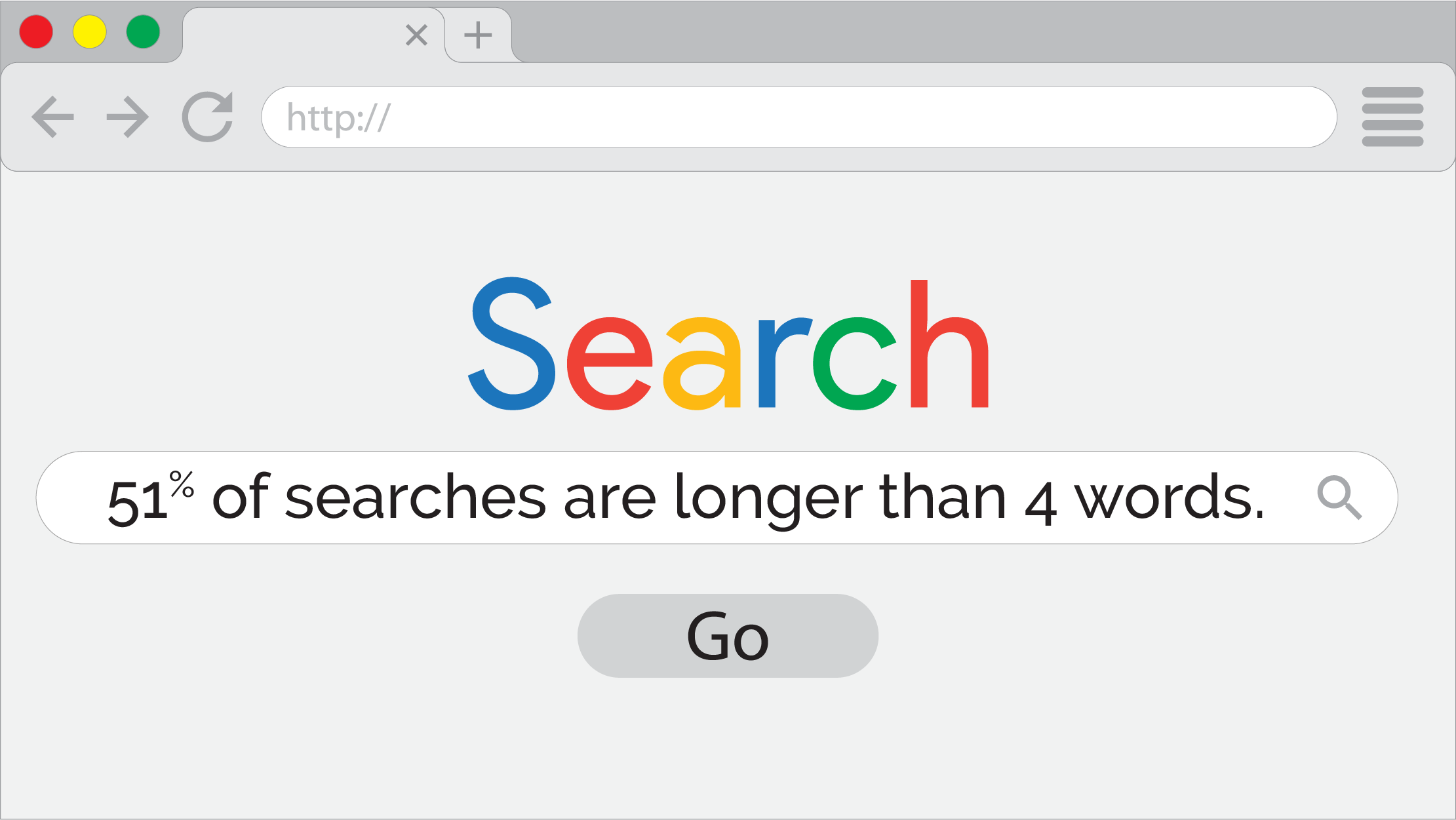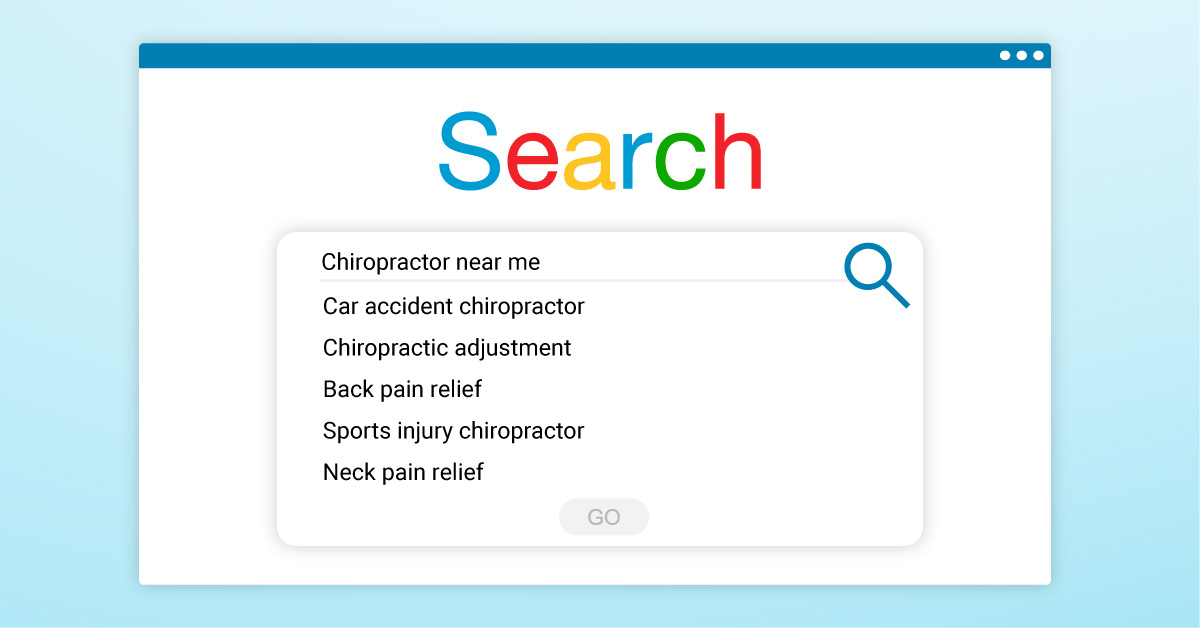How to Brainstorm Keywords and Improve Your Google Ranking
Whether you have been researching search engine optimization (SEO) for a while or are just starting your journey, you have probably seen the term “keyword” thrown around as being important to your SEO ranking. But what exactly is a keyword?
A keyword is a word or phrase used in SEO and pay-per-click advertising (PPC) strategies to help your website or page rank higher in search engines. These words or phrases tell both search engines and web users what your page is about. When you implement keywords into titles, headings, URLs, body texts, and alt texts, you signal to Google that your web page may be relevant to a related search query.
Keywords are a word or phrase used to signal to Google that your web page is relevant to a web user’s search query for a similar subject.
Keywords are an essential part of any “marketing basics” manual. In combination with other SEO strategies, they can help you rank on Google’s first page organically, which will in turn earn you more traffic to your website. Once interested users are on your site, you can convert them into patients or clients at your practice!
How to Brainstorm Keywords for your Google Ranking
So now that you know what keywords are, you’re probably wondering, “How do I find keywords that will work for my website?”
Well, firstly, know that you don’t have to stick to only a few keyword phrases for your entire website. As we mentioned earlier, there are lots of places to insert keywords so that you can optimize each web page and piece of content on your site. That being said, not only can almost every page be keyword optimized, but it should!
Next, we’ll explain just how you can pinpoint keywords that will be effective in helping you rank on Google so that you can attract more patients to your practice.
Think Like Your Audience
 Oftentimes, when professionals attempt to begin conducting keyword research, they make the mistake of using phrases other professionals in their field would use to find information rather than thinking like their clients. For example, if you are a chiropractor, your patients may not be familiar with the term sacrum or lumbar vertebrae, but they may search for a local chiropractor that can help heal lower back pain.
Oftentimes, when professionals attempt to begin conducting keyword research, they make the mistake of using phrases other professionals in their field would use to find information rather than thinking like their clients. For example, if you are a chiropractor, your patients may not be familiar with the term sacrum or lumbar vertebrae, but they may search for a local chiropractor that can help heal lower back pain.
When optimizing your web pages, consider how your ideal patient would be searching for this information. Think about how your clientele describes their issue when they call to make an appointment or how they phrase questions when speaking to providers. You may also want to hone in on your specialties and use those to create keyword phrases.
As a local business owner, you should also include keywords that indicate the community you serve. Use these phrases on static pages on your website, such as your homepage, “About Us” page, and services page.
Use Google to Find Keywords
While an account with a keyword research site can be very valuable, it’s not the only way to find the best keywords for your business.
So let’s start with the basics: Google.
 Google offers you an efficient way to begin your keyword research process where your ideal patient or client is likely already searching for your business. Plus, it’s free. And who doesn’t love a free resource?
Google offers you an efficient way to begin your keyword research process where your ideal patient or client is likely already searching for your business. Plus, it’s free. And who doesn’t love a free resource?
Open up Google and type phrases that are relevant to your business and see what websites come up in the search. Are they good, user-friendly websites? Are the businesses or sites similar to your own?
For example, if you are a veterinarian and you type in “puppy vaccinations”, you may receive results from informational sites or humane societies. So, if your client typed in this search, they may not be finding veterinarians like you. Instead, you could type in “puppy vaccinations in San Luis Obispo” or wherever your practice is located to localize the results.
Look back at the Google results. At the bottom of the page, you should see “Searches related to [whatever it is you searched].” Read over these terms to see if you can find more possible keywords phrases.
Choose Long-tail Keywords
The term “keywords” may make it sound like these terms are always individual words, but they are actually more often keyword phrases. Think about it. How often do you type something like “pie” into Google instead of “how to make an apple pie” or “the best apple pie recipe”?
Long-tail keywords, keyword phrases that are four words or longer, perform best on Google because they generally have less competition than shorter keywords. You are also better able to appeal to your ideal audience with keywords that target your local community or particular audience.

However, when coming up with keywords, it is recommended that you start with brainstorming more generalized keywords, then create longer keyword phrases using those broad terms.
For example, let’s say your business is an optometry office. You can start your search for keywords simply by typing “optometry” into Google. From there you can see that in searches related to “optometry” are often phrases like “optometry near me”. You can then click on “optometry near me” to search through these related terms as well until you create your own long-tail keyword phrase.
Keyword Search Tools
 While Google provides an excellent way to begin keyword research, there are additional tools available to help you find the best keywords for your website.
While Google provides an excellent way to begin keyword research, there are additional tools available to help you find the best keywords for your website.
Keyword search tools and programs offer you a way to conduct detailed keyword research. These tools can help you discover how much web traffic a particular keyword phrase is receiving and how much competition there is for that term. It can also tell you how often web users are actually clicking on the websites associated with those keyword phrases.
If you have the resources to invest in this tool, we suggest you do! This will give you a better understanding of what it takes to rank for keyword phrases organically on Google while informing your SEO strategy.
How to Use Keywords
Keywords are an irreplaceable component of your overall SEO strategy. We urge you to begin implementing keywords into the indexable pages of your website that you hope will populate on Google, such as your homepage or services page. Then, you can begin to work through the rest of your website, blog posts, and other content to optimize your practice’s web presence.
However, don’t expect to see results right away. Search engine optimization is a so-called “long game”. But, when you do begin to rank higher on Google for related search terms, these results will be likely to last!
Have more questions about how you can begin using keywords in your content? Contact our team to chat with a knowledgeable Internet Consultant.
Check out these other helpful resources…
10 Marketing Terms and What They Mean
How to Implement SEO on Your Website
Writing Website Content for Beginners



